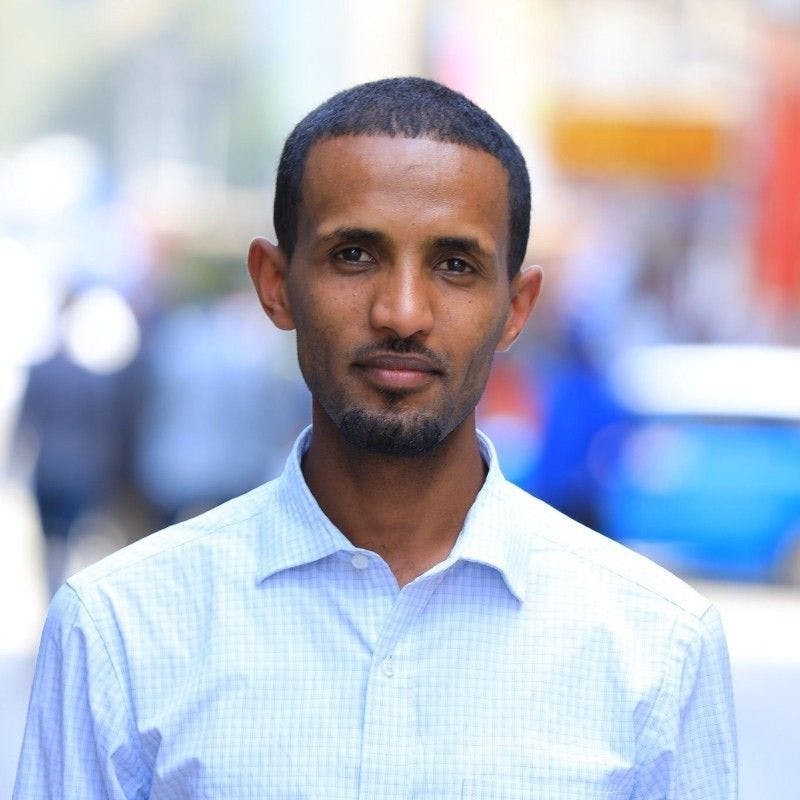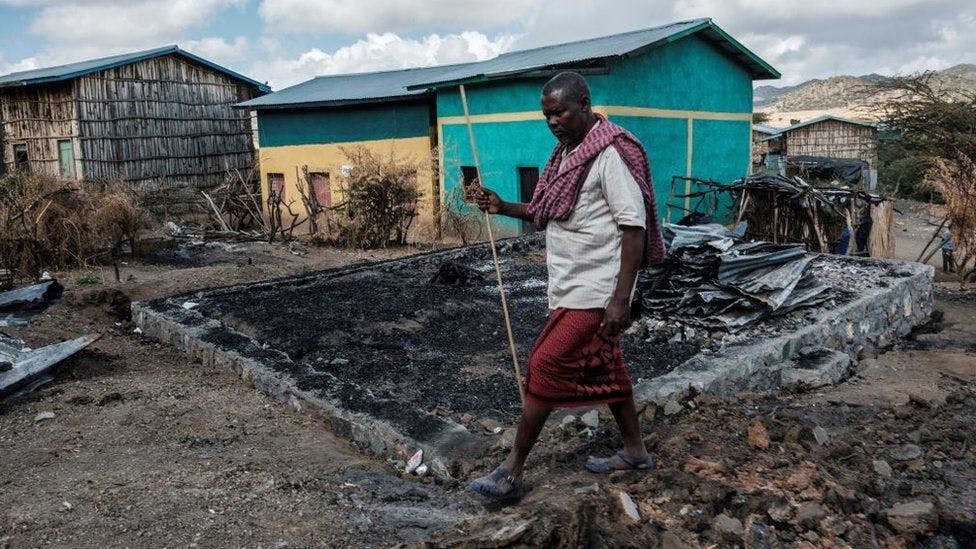War leaves a devastating impact on a nation's economy, and Ethiopia is no exception. The consequences of war go beyond human suffering, affecting the country's and its citizens' financial stability. The economic effects of war are far-reaching, with the most significant loss being human capital. Skilled workers, entrepreneurs, and innovators are either lost or forced to flee their homes during the conflict.
The war also burdens a nation's resources, as defense spending consumes a significant portion of the budget. This results in cuts to essential areas such as education and infrastructure, further exacerbating the economic challenges faced by the country. It is crucial for governments to prioritize peace over war to prevent such dire circumstances.
The impact of war extends well beyond the duration of the conflict, leading to long-term effects that can hinder a nation's economy for years to come. These effects include increased national debt due to borrowing for military efforts, decreased global competitiveness as production and trade slow down, and reduced foreign investment due to heightened risks and instability.
Furthermore, war often leads to a decline in tourism revenue and fewer foreign direct investments, even after restoring peace. This pattern holds true for Ethiopia, which experienced a two-year war from November 2020 to November 2022, primarily affecting the Afar, Amhara, and Tigray regions. However, the domino effects of the conflict extended to other regions as well, as indicated by unpublished research findings.
In 2021 Ethiopia's economy grew by a mere 2.5%, a significant drop from the 10.2% growth rate in 2019. The International Monetary Fund (IMF) projected a further slowdown to 1.7% in 2022. The war has also resulted in a sharp rise in inflation, reaching 34.2% in December 2021, compared to 18% in December 2020. This surge in inflation has made it increasingly difficult for people to afford basic necessities such as food and medicine.
Recently, the government revealed the economic impacts of the war. According to a report presented by Ahmed Shide, the Minister of Finance, to the House of People's Representatives, the total war damage amounts to $22 billion (20.4% of GDP), with economic losses totaling $6 billion (5.5% of GDP). The report also highlights that the war in northern Ethiopia directly affects one-third of the population in regional states. Conflict-affected regions have seen three million people fall below the absolute poverty line. Ethiopia's GDP has decreased by 25.9% due to the war, which ended with the Pretoria Peace Agreement in November 2022.
The prolonged conflict in other regions of the country has further exacerbated poverty, compounding the effects of inflation, supply disruptions, climate change, the COVID-19 pandemic, and the growth of the informal economy. The Ministry of Finance announced that the "Ethiopia's Damage and Needs Assessment" report will be available to the public in the coming weeks.
International organizations have also predicted a macroeconomic crisis in Ethiopia. Ernst & Young, a global consulting firm, recently reported that Ethiopia is experiencing hyperinflation, citing data from the International Monetary Fund's World Economic Outlook. The report indicated a three-year cumulative inflation rate of 114% as of December 2022. The IMF's World Economic Outlook forecasts an annual inflation rate of 29% for 2023 and a three-year cumulative inflation rate of 133% by 2024.
On the other hand, Ethiopia's Ministry of Finance has disclosed the finalization of a document titled "Ethiopia's Resilient Recovery and Reconstruction Planning Framework." To be implemented between 2023 and 2028, this framework will require $20 billion to carry out planned projects over the next five years. In addition, the World Bank has also contributed $300 million to return internally displaced persons (IDPs) to their homes.
What can be done to reconstruct Ethiopia's war-torn economy?
Firstly, it is crucial to establish a strong foundation for economic growth by investing heavily in infrastructure, education, and healthcare. In addition, creating a stable and predictable business environment is equally important. Secondly, promoting social inclusion is a must. This can be achieved by ensuring that all members of society have access to education, healthcare, and other essential services.
Thirdly, economic diversification is vital. Ethiopia should aim to develop a range of industries instead of relying heavily on a single industry or resource. This diversification will help protect the economy from shocks and make it more resilient in the face of future challenges. Lastly, building trust and cooperation among different groups in society is crucial. Promoting dialogue and understanding will contribute to the rebuilding of the economy and create a more prosperous future for all Ethiopian citizens.
In summary, Ethiopia faces significant economic challenges in the aftermath of the war. However, by prioritizing investments in infrastructure, education, and healthcare, promoting social inclusion, diversifying the economy, and fostering trust and cooperation, Ethiopia can rebuild its economy and pave the way for a more prosperous future.


